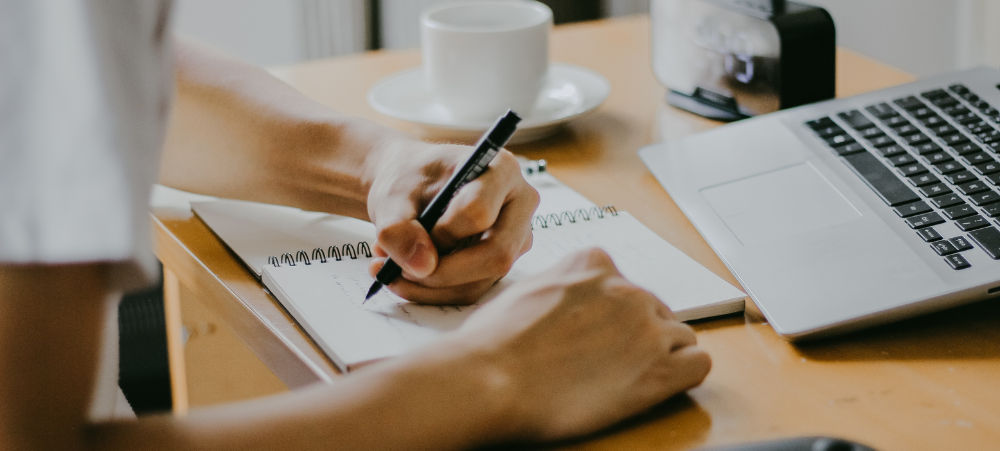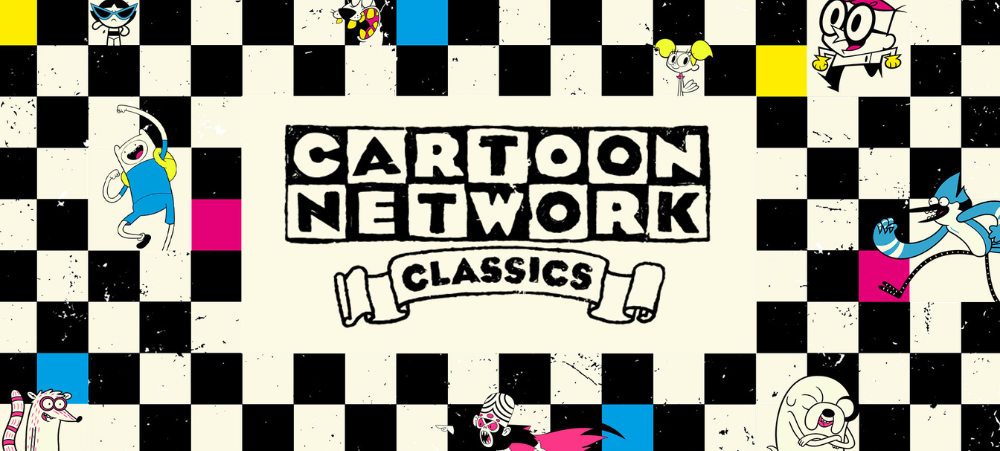Infant massage has a long history in cultures in Asia, Eastern Europe, Latin America and Africa. In particular the practise of infant massage has been done for hundreds of centuries in India, where mothers have been massaging their newborns1. Infant massage only gained popularity in the Western world when Vimala McClure, who had worked at an orphanage in India, observed massage techniques2. She had also observed mothers who had very little in the way of material wealth, appear to give an abundance of nurturing love by massaging their babies along the roadside2. This love seemed to be expressed through their caring touch with their child. On her return to the United States in the 1970s she had introduce the concept of infant massage to parents in the Western world.
The benefits of Infant Massage
Research suggests that infant massage has numerous benefits that include: encouraging the interaction between the care-giver and baby; helping baby relax and sleep; a positive effect on infant hormones that control stress and reduces crying3.
Studies have also shown improvements in weight gain in preterm babies who receive massage that increase vagal activity and gastric motility4
In 2007, preterm infants exposed to daily stressors in the neonatal intensive care unit (NICU) showed reduced stress behaviours after massage therapy4. Only 5 days for a total of 15 massages, the preterm infants showed fewer stress behaviours and that massage-therapy had a pacifying-effect to the stressful NICU environment.
In healthy full-term infants, regular massage has been shown to relieve common discomforts such as constipation, intestinal gas and colic. It has also been shown to improve sleep, reduce stress behaviours, and regulate and strengthen the baby’s digestive, nervous and respiratory systems.
When you should you massage your baby?
It is recommended to massage your baby at least 45 minutes after feeding to avoid baby from vomiting. It is also advised to pay special attention to baby’s mood3. If baby turns his or head away from you or becomes stiff in your arms, it might not be the best time to massage and should be postponed. Daily massage should form part of a bath time and bed time routine in newborns2.
How to massage your baby?
Find a place for massage that is comfortable for you as well as baby and ensure that the room temperature is warm. Playing clam, relaxing music in the background may also enhance the effects of massage.
A baby massage consists of various steps from head, tummy, legs and toes. Caution should be taken on not to injure the baby when applying pressure during the massage. A moderate pressure is recommended for optimal results. Here is a free guide on how to massage your baby.
What are the best oils for baby massage?
In 2010, it was shown that an oil massage for newborns improves weight gain by better thermoregulation6. Transcutaneous absorption has also been suggested as a possible mechanism.
If your baby has dry/broken skin or atopic eczema or sensitive skin it is best to avoid vegetable oils that are higher in a fatty acid known as oleic acid found in olive oil. Vegetable oils that are high in linoleic acids are most suitable and gentler on baby’s skin. Mineral oils should be avoided as it may increase the chance of clogging pores.
Nirvana Natural Bliss Baby Massage Oil contains jojoba oil that closely resembles the natural sebum of the skin; sunflower oil that is high in linoleic acid content and helps protect the skin barrier that also gives gentle properties. Lavender and Roman Chamomile oils provide relaxant and soothing properties. Available at takealot.com

References
- Bondurant, C. The Benefits of Infant Massage Accessed www.massagetoday.com, 26 March 2017.
- Vimala Schneider McClure. Accessed www.iaim.net/about-iaim/our-founder
- Infant massage: Understand this soothing therapy Accessed www.mayoclinic.org, 26 March 2017.
- Diego MA, Field T, Hernandez-Reif M. Vagal activity, gastric motility and weight gain in massaged preterm neonates. J. Pediatrics (2005) 147 (1): 50-5 .
- Hernandes-Reif M, Diego M, Field T. Preterm infants show reduced stress behaviors and activity after 5 days of massage therapy. Infant Behav Dev (2007) 4: 557-61.
- Field T, Diego M and Hernandes-Reif M. Preterm Infant Massage Therapy Research: A review. Infant Behav Dev (2010) 33 (2) 115- 124.
Our storysimply begins with the founder, a doctor in medical science and mother, developingskincare products to meet the varying needs of her own familythat are safe,effective andtrusted to be used not only on the entire family, but also on her newborn.
- Infant Massage - April 12, 2017





